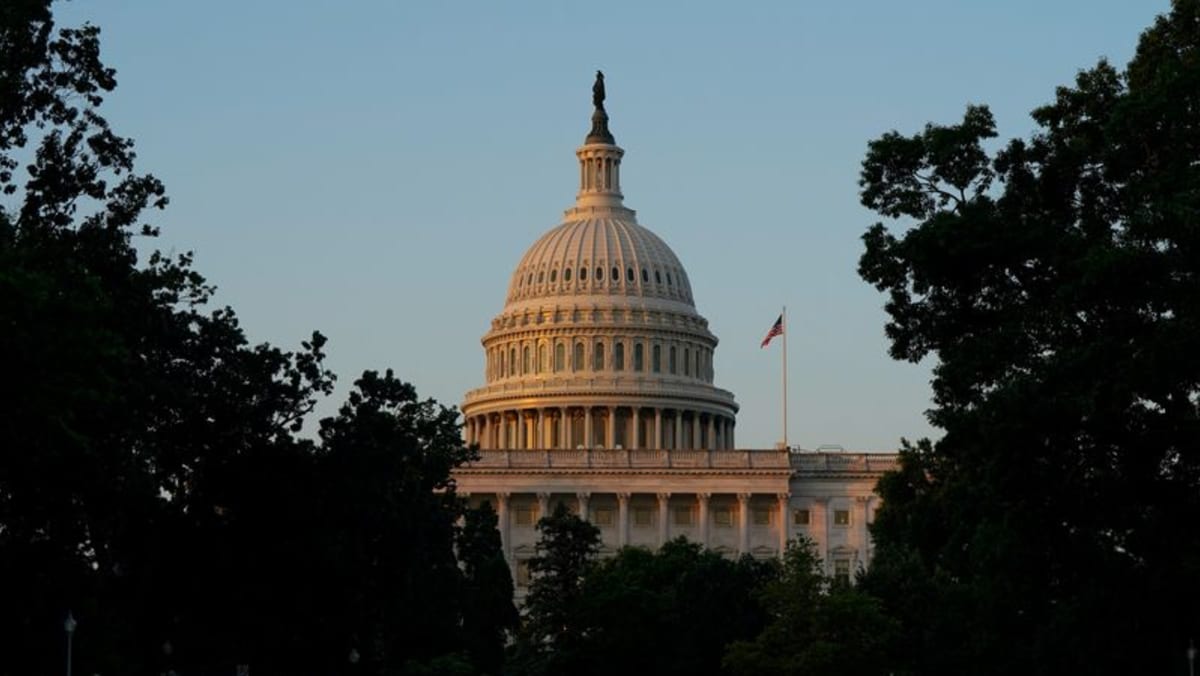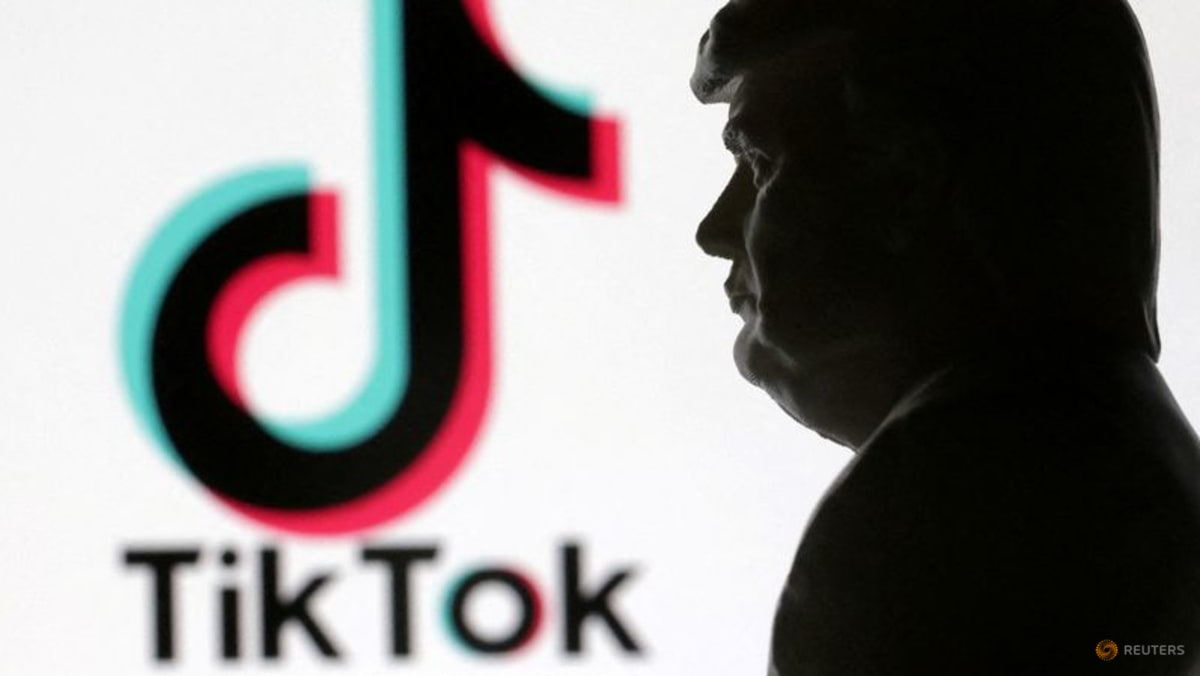The U.S. House of Representatives on Thursday passed a bill to create a regulatory framework for U.S.-dollar-pegged cryptocurrency tokens known as stablecoins, sending the bill to President Donald Trump, who is expected to sign it into law.
The vote marks a watershed moment for the digital asset industry, which has been pushing for federal legislation for years and poured money into last year’s elections to promote pro-crypto candidates.
House lawmakers also passed two other crypto bills, sending them next to the Senate for consideration. One lays out a regulatory framework for crypto, and the other would ban the U.S. from issuing a central bank digital currency.
The stablecoin bill, known as the Genius Act, and the crypto market structure bill, known as the Clarity Act, both received notable bipartisan support. Democratic lawmakers joined with Republicans to pass the stablecoin bill 308-122.
Stablecoins, a type of cryptocurrency designed to maintain a constant value, usually a 1:1 dollar peg, are commonly used by crypto traders to move funds between tokens. Their use has grown rapidly in recent years, and proponents say that they could be used to send payments instantly.
If signed into law, the stablecoin bill would require tokens to be backed by liquid assets – such as U.S. dollars and short-term Treasury bills – and for issuers to publicly disclose the composition of their reserves on a monthly basis.
Blockchain Association CEO and former Commodity Futures Trading Commission official Summer Mersinger described Thursday’s votes as a “defining moment in the evolution of U.S. digital asset policy.”
The crypto sector has long pushed for lawmakers to pass legislation creating rules for digital assets, arguing that a clear framework could enable stablecoins and other crypto tokens to become more widely used. The sector spent more than $119 million backing pro-crypto congressional candidates in last year’s elections and has worked to paint the issue as bipartisan.
The House of Representatives passed a stablecoin bill last year, but the Senate – in which Democrats held the majority at the time – did not take up that bill.
Trump has sought to broadly overhaul U.S. cryptocurrency policies after courting cash from the industry during his presidential campaign.
Tensions on Capitol Hill over Trump’s various crypto ventures at one point threatened to derail the digital asset sector’s hope of legislation this year, as Democrats have grown increasingly frustrated with Trump and his family members promoting their personal crypto projects.
Trump’s crypto ventures include a meme coin called $TRUMP, launched in January, and a business called World Liberty Financial, a crypto company owned partly by the president.
The White House has said there are no conflicts of interest present for Trump and that his assets are in a trust managed by his children.
CLARITY ACT SENT TO SENATE
The Clarity Act, which passed 294-134, would critically define when a cryptocurrency is a security or a commodity and clarify the Securities and Exchange Commission’s jurisdiction over the sector, something crypto companies aggressively disputed during the Biden administration.
Crypto companies have argued that most tokens should be classified as commodities instead of securities, which would enable platforms to more easily offer those tokens to their customers by not having to comply with a raft of securities laws.
That bill would need to pass through the Senate before heading to Trump’s desk for final approval.
Some Democrats fiercely opposed the Clarity Act, arguing it could be a giveaway to Trump’s crypto ventures by enabling softer-touch regulation.
The House also passed a bill prohibiting a central bank digital currency, which Republicans say could violate Americans’ privacy. The issue had been a sticking point in House discussions this week.













